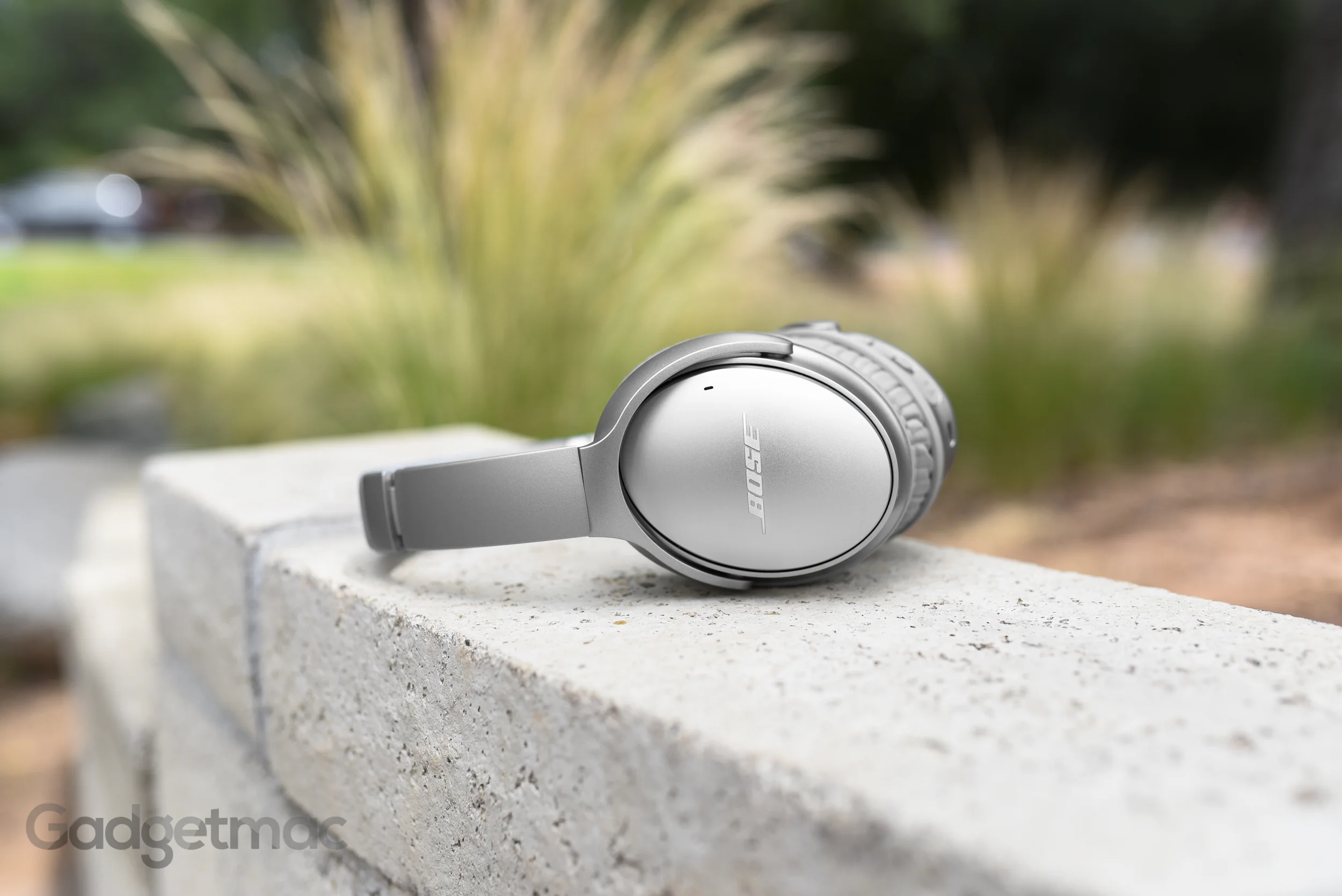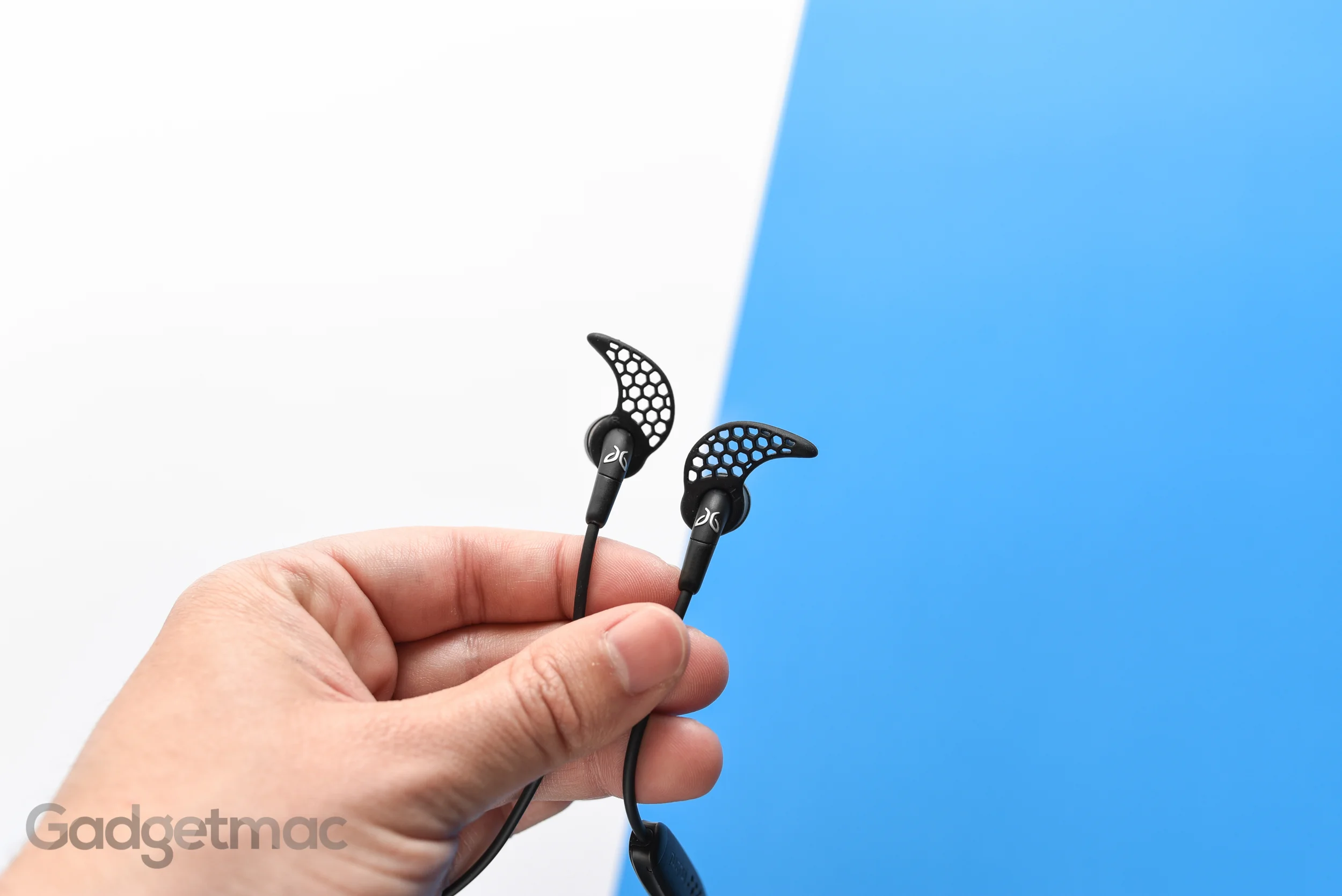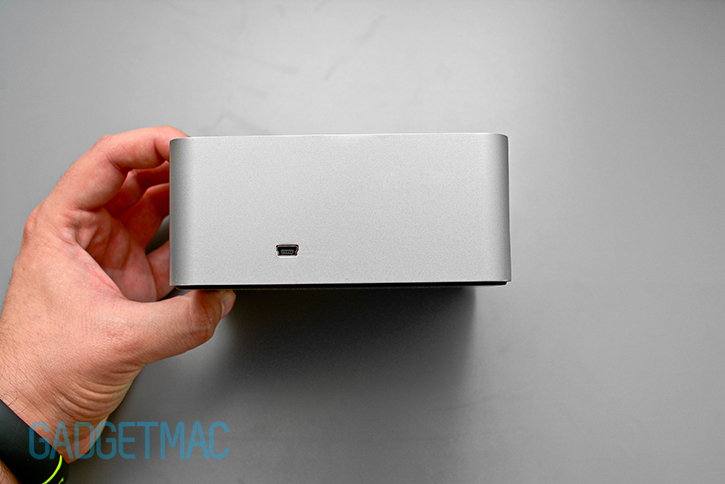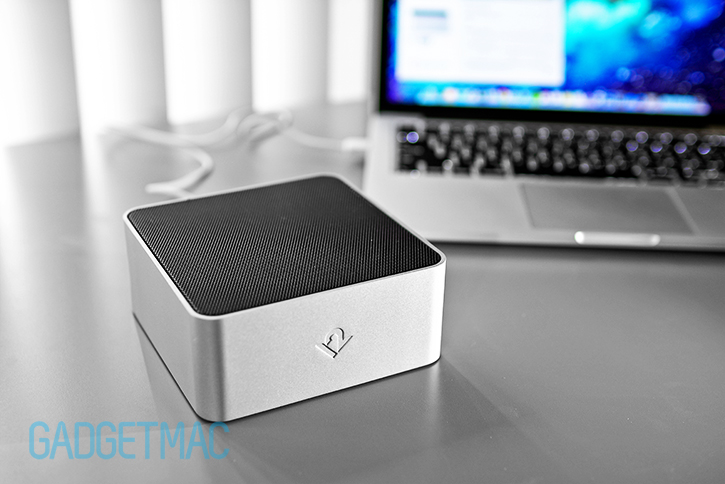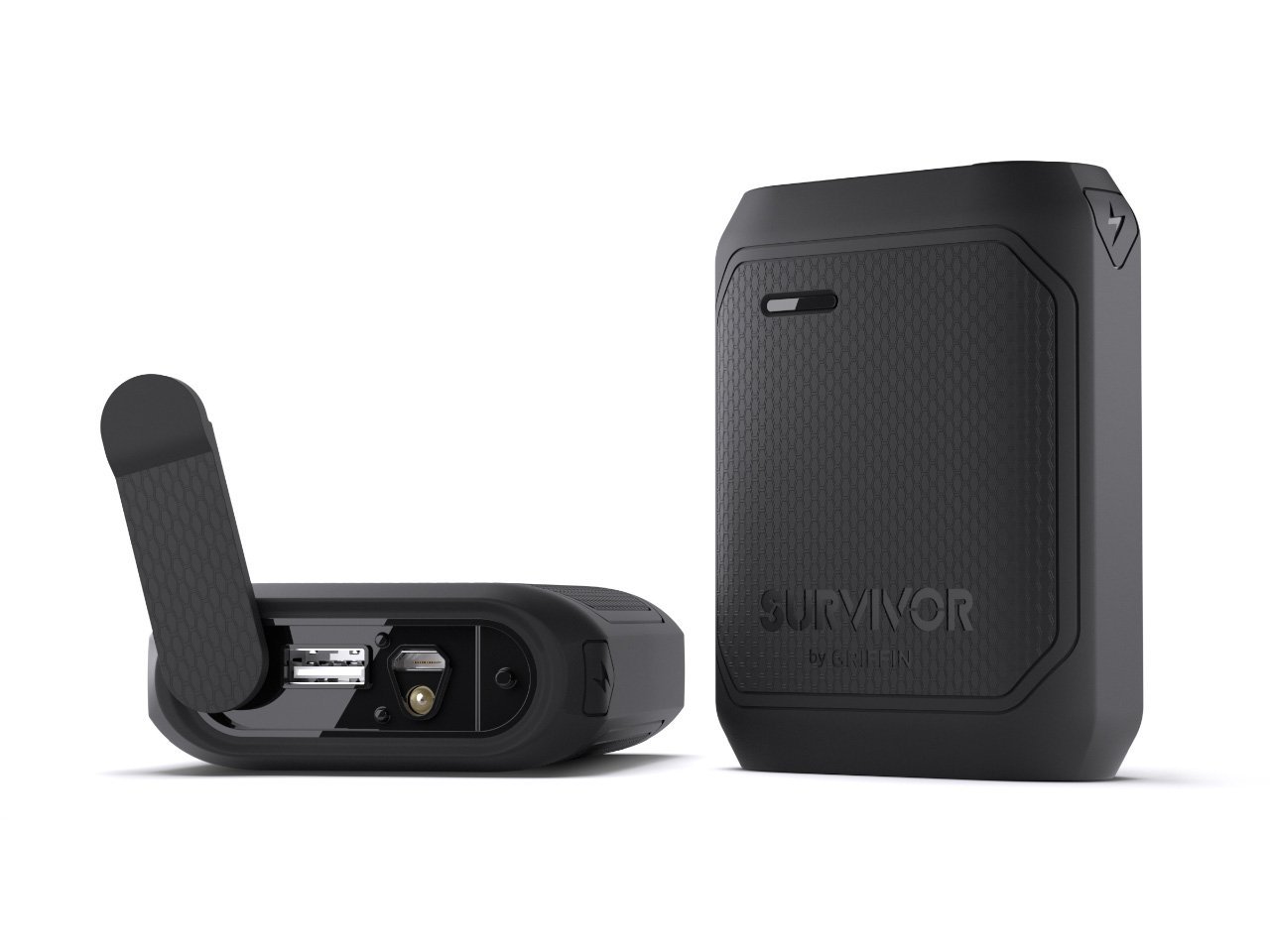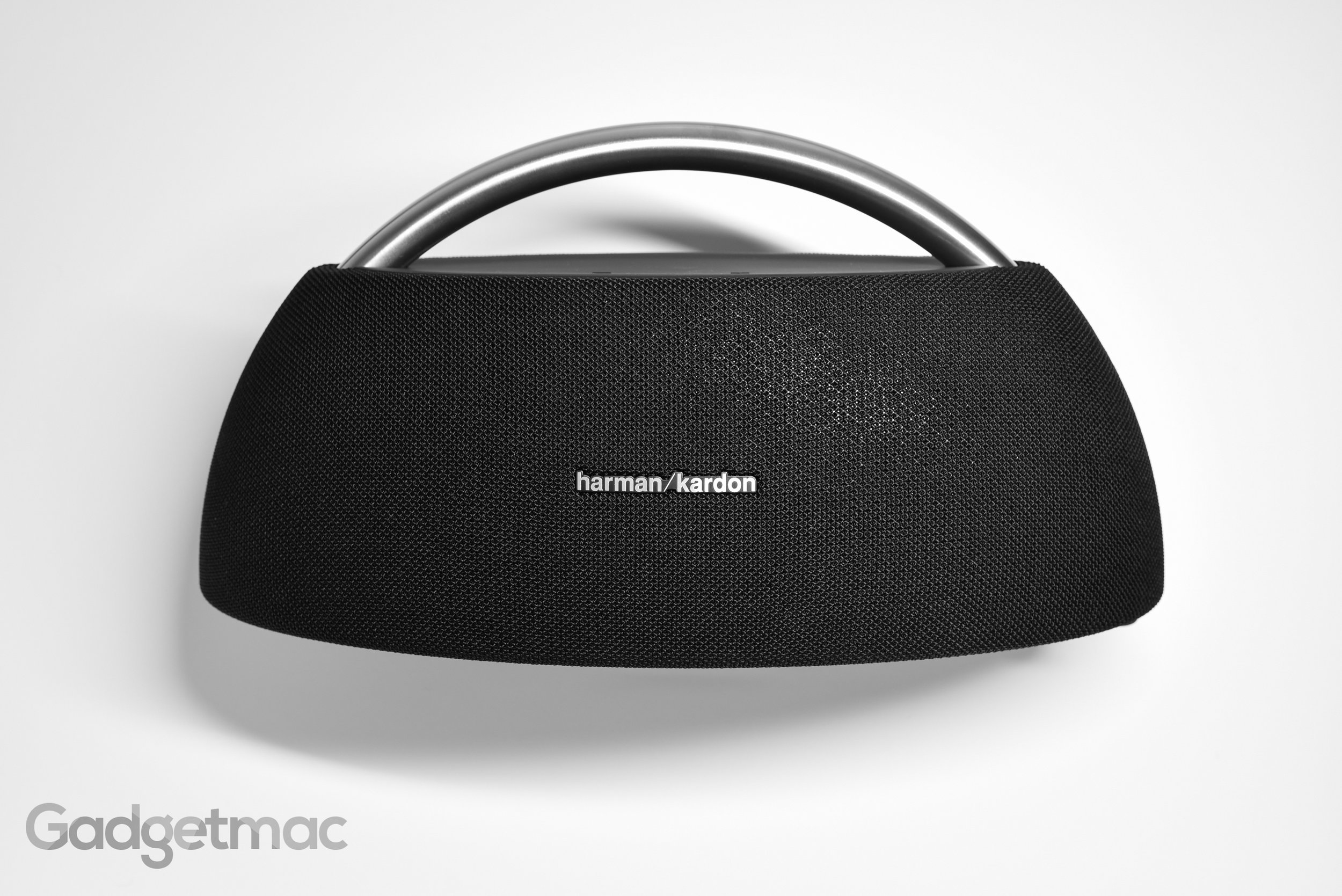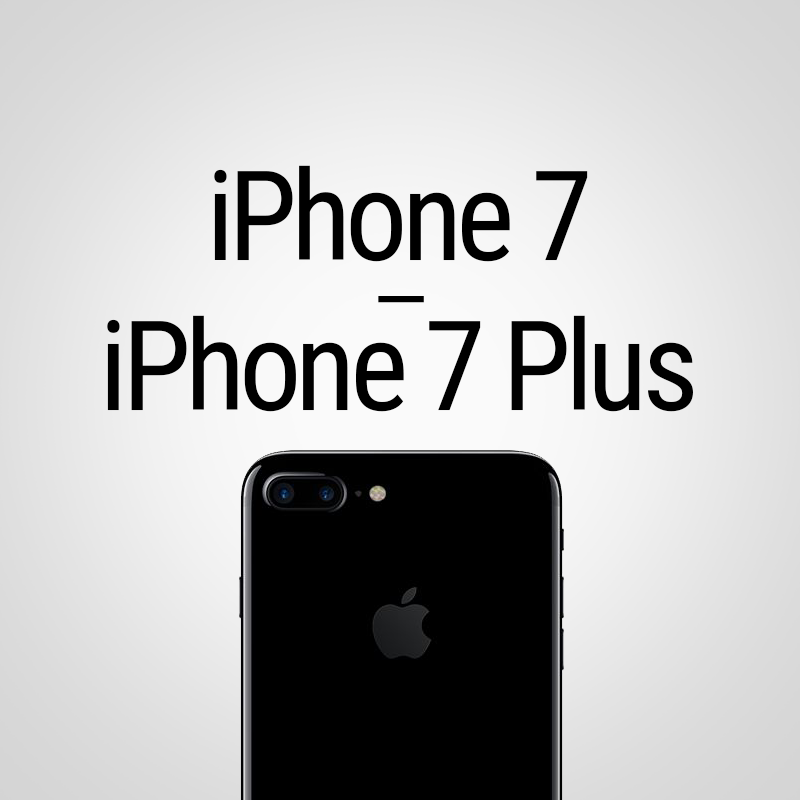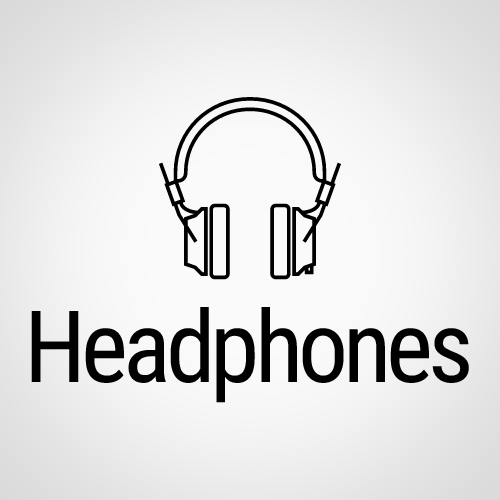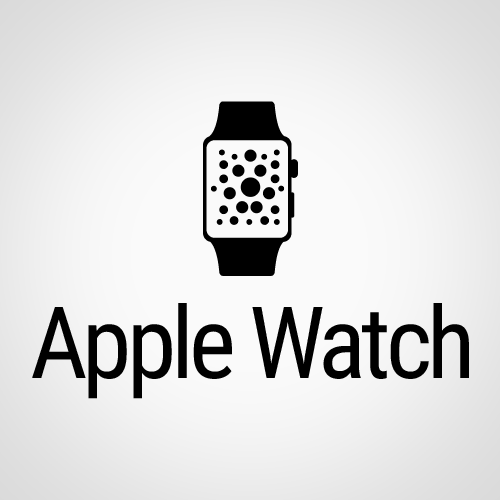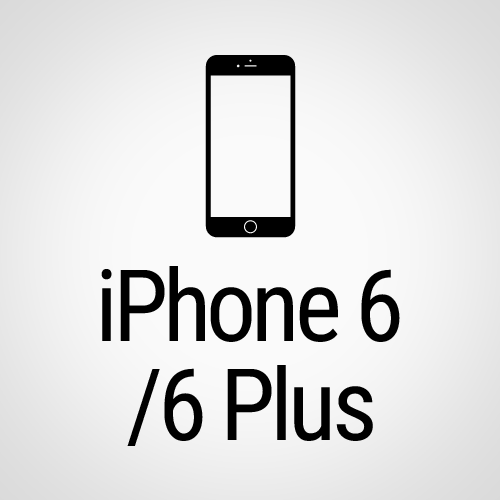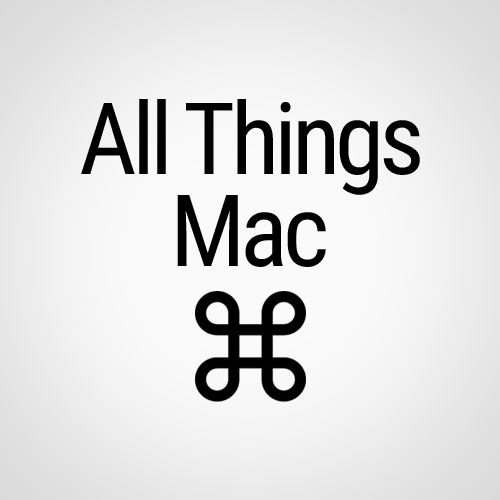Twelve South BassJump 2 Review
/Twelve South, the company with a respected bias towards all-things Apple and primarily Macs, has recently come out with the Bassjump 2 - a successor to the original BassJump that launched a few years ago. It's still as portable as ever so you can take it with you almost anywhere, consumes its power and delivers audio using only one of your USB ports, and is made out of aluminum so that it perfectly compliments your Mac. For those of you who haven't yet discovered this little squarish metal box of tricks and don't know what it does, well, the BassJump 2 is quite simply a portable subwoofer add-on that connects to any MacBook, MacBook Pro, or MacBook Air creating an energetic threesome of audio awesomeness. It basically introduced the missing mid-level and low-end bass so desperately needed to your Mac's built-in speakers using an external power-friendly and sleek complementing design along with a custom OS X app. Make your way down to our full review to find out what's new with Twelve South's BassJump 2.
The BassJump 2 will run you $70, and it comes nicely presented inside a hard box packaging which you can repurpose instead of throwing away. Inside, you'll find an amply padded neoprene carrying case as well as a white mini-USB to USB all-in-one power and audio cable. Unfortunately, the BassJump 2 is no different to its predecessor when it comes to connectivity and power. And although it does indeed require a single cable to fully work with your MacBook, it would have been great to see wireless Bluetooth implementation using a built-in rechargeable battery. Isn't everything that has got to do with peripherals wireless these days anyway? Nitpicking aside, the BassJump is quite a unique device that serves a one-of-a-kind purpose using desktop software rather than simply being just another one of them wireless portable Bluetooth speakers.
Measuring 2.24-inches tall and 5 inches in a square diameter, the BassJump 2 is not exactly as compact as a typical Bluetooth portable speaker like the SoundLink Mini or UE Mini Boom. Granted it does feature a single large top-firing 77mm subwoofer driver inside. For size reference, this is how big the BassJump 2 is when put beside an iPhone 5s and on top of a 13-inch Retina MacBook Pro which is slightly narrower than a 13-inch MacBook Air. It weighs 1.4 pounds which isn't all too heavy for a subwoofer unit wrapped in metal. Then again it's considerably heavier than a pair of noise-canceling headphones, so if you're worried about carrying extra weight you might want to reconsider your options.
The build quality is absolutely outstanding, it might remind you of a fat Mac Mini or a modern interpretation of a Pandora's box. The black metal grille across the top sits flush with the silver aluminum enclosure, adding a svelte looking contrast as well as rigidity. However, the aluminum finish isn't quite as great as the overall construction of the BassJump 2. As solid as it may be built, the finish on our review unit isn't very good. It has surface imperfections most likely caused by the metallic powder-coated paint job. But that could just be a flook, and it's not likely that you'd receive a similar poorly finished product.
Though I would say that the aluminum finish while close in silvery color, isn't as amazing as the aluminum texture found on Macs. The BassJump 2 has a more shinier surface that just doesn't stack up against the finish you'd find on an aluminum MacBook. It's very slick, and almost feels like cold plastic when you touch it and looks like metallic plastic made to look like actual metal. In other words, it's not as good as some other aluminum products Twelve South makes such as the HiRise and BookArc stands for Macs and iOS devices.
The bottom is entirely covered with a black rubber surface that helps plant the BassJump 2 to your table.
One rear micro-USB input is the only port found on the BassJump 2. It almost seems like something's missing.
Like the original BassJump, the BassJump 2 connects to your Mac by way of a USB cable and that is all. Just download the required BassJump 2 software preferences app to your Mac and you are ready to enjoy better sound instantly. It makes no difference where you position the BassJump 2 in case you were wondering. Being that it is meant to be so close to you and at your desk, the 30" USB cable is long enough that you can place the BassJump 2 behind your Mac or right beside it.
You could say that the built-in speakers on MacBook Pro and Air portables are comparable to a Ferrari with an electric engine. They lack warmth, that grunting low-end that brings music to life and definition to bass. Twelve South is the only company to take this problem to heart with the introduction of the BassJump. What's more, is that the company recently released a second generation called the BassJump 2, which Twelve South bills as an updated version of its iconic subwoofer for MacBooks.
The BassJump really does make your Mac sound much better and gives it the bass and the lows it never had making your music and movies sound much richer, warmer and fulfilled. You'll be able to hear a big change in sound once you turn on your BassJump 2 giving you that full and rich sound you have been missing all this time. As soon as you power up the BassJump 2, the difference in audio quality is quite literally night and day. I cannot stress enough how much better the sound quality is when hooking up a subwoofer like the BassJump to a MacBook. The difference is exactly as Twelve South described it, fuller, richer sounding audio quality.
That being said, and while the BassJump 2 does increase the bass response of any MacBook, it's still somewhat weak and not all that impressive considering its size. There are far more expensive portable speakers that feature much smaller passive bass radiators that achieve better sounding bass than the BassJump 2. It's true that when coupled with the built-in speakers of a MacBook Pro, you can enjoy a far better audio experience, though it doesn't hold a candle to a true set of speakers with bass radiators built in that start at a $150 price range.
But there's also a catch you see. If you’re already an owner of the original BassJump, there’s no need for you to upgrade. That’s because despite Twelve South’s bewilderingly deceiving branding of the BassJump 2, the Mavericks-supported BassJump 2 software for OS X is the only thing that was actually updated, which is also available for free to all BassJump users. Meaning that the BassJump 2 isn’t any different from the original BassJump subwoofer in any way whatsoever. We can confirm that in terms of hardware and performance, the two are essentially the same product. Which is also a real shame given the fact that Twelve South did nothing to improve the BassJump which we think is in need of improving after all this time.
The easy and simple to use BassJump 2 app, which can be found under your system preferences or access via an icon at the top of your menu bar, allows you to manage the overall bass volume and frequency. Because there are no switches or buttons on the BassJump itself, you turn it on or off using the app interface. There are four different pre-programmed sound settings that essentially act like an equalizer for the sound output. You can tweak each setting yourself, or create a custom sound setting of your own and save it for when you want to switch between alternative settings depending on what you're listening to.
We found that the default setting was too muddy and lacked clarity, and that the R&B sound setting in particular was perfect for everything from music listening to watching videos and movies. But no matter what setting you choose, the software does alter the sound output of your speakers like some type of a default equalizer. You can decrease the subwoofer's presence by lowering its volume output which is done considerably for you automatically when picking the "classical" sound setting from the drop down menu. As an added visual bonus, you'll notice that the app features two VU sound meters (left and right speaker channels) that work in real time.
You’ll be hard pressed to find a less expensive setup that sounds a lot better than what you can achieve with adding a BassJump 2 to your MacBook. Remember that unlike additional external speakers, the BassJump 2 is fully USB powered so it eases the load on your portability in a big way. However, there’s a another option that might be more compelling. And I’m talking of course about a portable Bluetooth speaker as an alternative to the BassJump. Well, we researched this alternative and found that you’d still have to pay a lot more in order to get a better performing audio setup compared to the BassJump riding your built-in MacBook speakers. An Ultimate Ears UE Boom or Bose SoundLink Mini will sonically sound much better, not to mention louder, but it’s also going to cost you $200. And then there’s the drawback of having to recharge these speakers.
So if you travel and move around quite a bit, using something like the BassJump 2 allows you to enjoy a full speaker sound experience without needing to carry with you additional gear. And although you technically can use the BassJump with an iMac or supplement the speakers on a Thunderbolt Display that's connected to a MacBook of any model, we found that using it with a slim 2013 27-inch iMac made absolutely no difference in sound quality. The speakers are great as they are it seems, and when paired with the BassJump 2 software and hardware, they only sounded more muffled when turning up the bass level.
So all-in-all Twelve South does fill in a unique gab with its BassJump 2, there’s no question about that. But it’s not going to appeal or suit everyone’s needs either. If you see yourself benefiting from such an accessory, you’ll most likely be happy with what the BassJump 2 has got to offer. We like the fact that it requires no additional power, it’s portable enough to fit into a gear bag yet we still think it should be more of an around the house type of an accessory addition rather than a on-the-go speaker supplement. Lastly, we think the BassJump 2 does indeed fill in that huge gab of lacking bass on Apple’s MacBooks in a very user friendly way without costing above and beyond at $70, and rightfully so. With that being said, the BassJump 2 isn’t by any means the be-all and end-all product more than it is an effective MacBook speaker enhancement peripheral.
Audiophiles will be able to pick up on the BassJump’s mediocre low range performance. Sadly, software can only go so far until it’s limited by the hardware. BassJump 2 isn’t worthy of such a moniker if there isn’t anything done to it in terms of hardware. And still, I’d much rather be using my MacBook Pro with a BassJump beside it because it’s that good.



